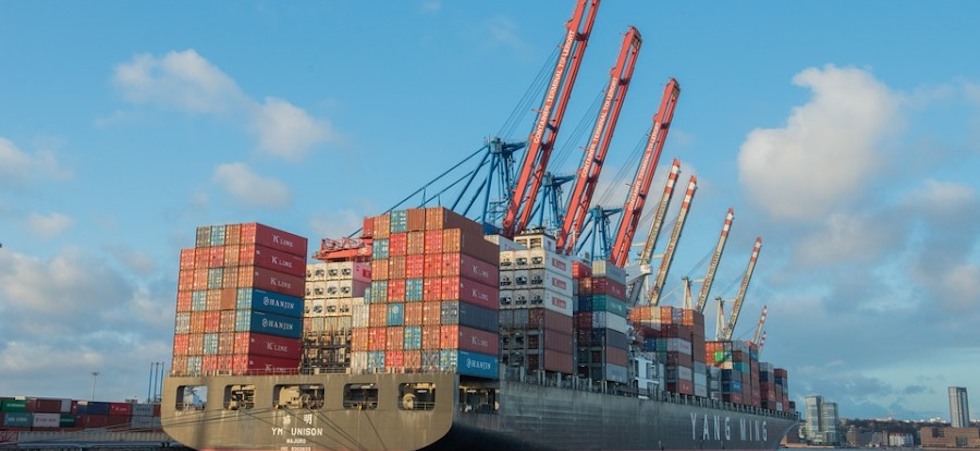The Food and Drink Federation’s (FDF) latest Trade Snapshot has revealed a “continued struggle” to recover lost exports since the Covid pandemic.
While export volumes were “relatively steady” in Q1 compared to 2024, looking at the longer-term trend, significant growth is needed to return to pre-pandemic levels, said FDF. UK global food export volumes were down nearly 20.4% compared to 2020.
The report also highlighted ways in which the UK could raise its export level, highlighting the “positive impact” of recent trade negotiations for food and drink manufacturers.
The value of food and drink exports to non-EU countries were up 10.5% in Q1, as food producers took advantage of improved access to growing global markets. For example, since the Comprehensive and Progressive Agreement for Trans-Pacific Partnership (CPTPP) came into force in December 2024, UK exports of sweets have grown by 48%.
Export volumes of food to the EU – the UK’s biggest and most important trade partner – were down by 3.7% compared to Q1 2024. The recently announced negotiations on a UK/EU Sanitary and Phytosanitary (SPS) agreement with the EU is expected to have a positive impact, and could boost UK-EU exports by almost a quarter (22.5%). However, this won’t affect exports until 2027 at the earliest.
“This new data demonstrates that there are also plenty of opportunities for UK food and drink beyond the EU, meaning Government should keep its foot on the gas when it comes to improving the UK’s trade relationships across other global markets.”
The report also highlighted the potential value of recent negotiations with the US and India for UK trade. Exports to India have “surged” over the past decade, up 156%. With the new Free Trade Agreement expected to boost exports even further biscuits and chocolate present “particular opportunities” for UK manufacturers. Meanwhile, imports from India, such as rice, spices and pulses, grew 20% in Q1 2025. US imports were up by 8.9%, with particular growth in soybeans, corn, and almonds.
While there are encouraging signs of an improved global trade outlook ahead, FDF warns that there’s more work to be done. It’s vital that Government continues to build closer trade relationships with trade partners, near and far, and prioritises British competitiveness in ongoing negotiations.

Balwinder Dhoot, director of industry growth and sustainability, FDF said: “As the UK’s biggest and most important trade partner, the negotiations on a Sanitary and Phytosanitary (SPS) agreement with the EU is a positive step towards reversing a concerning decline in exports from the UK. But it’s far from a silver bullet. It’s vital that through these negotiations the UK secures the ability to influence EU regulatory decisions that will impact British businesses.
“This new data demonstrates that there are also plenty of opportunities for UK food and drink beyond the EU, meaning Government should keep its foot on the gas when it comes to improving the UK’s trade relationships across other global markets. Removing trade barriers and helping more businesses expand into new markets abroad presents a crucial growth opportunity, while diversifying our import markets is vital to protecting the UK’s food security.”
The report highlighted several opportunities for Government to maintain momentum by removing barriers to trade across the globe. For example, the United Arab Emirates (UAE) entered the UK’s top 10 export markets for the first time last quarter, while UK imports from Türkiye were up 8.4% in Q1 2025. Pushing tariff reductions over the line faster, will help promote further growth within these emerging markets.
Additionally, FDF said that while recent improvements to the overall trading relationship with the US were welcome, UK food and drink exports to the US increased by 23% at the start of 2025 – a significant rise as businesses brace for the impact of increased tariffs. The removal of 10% export tariffs that continue to apply to our sector, and a reduction on import tariffs for products that are not produced in the UK, should remain priorities for ongoing negotiations.









